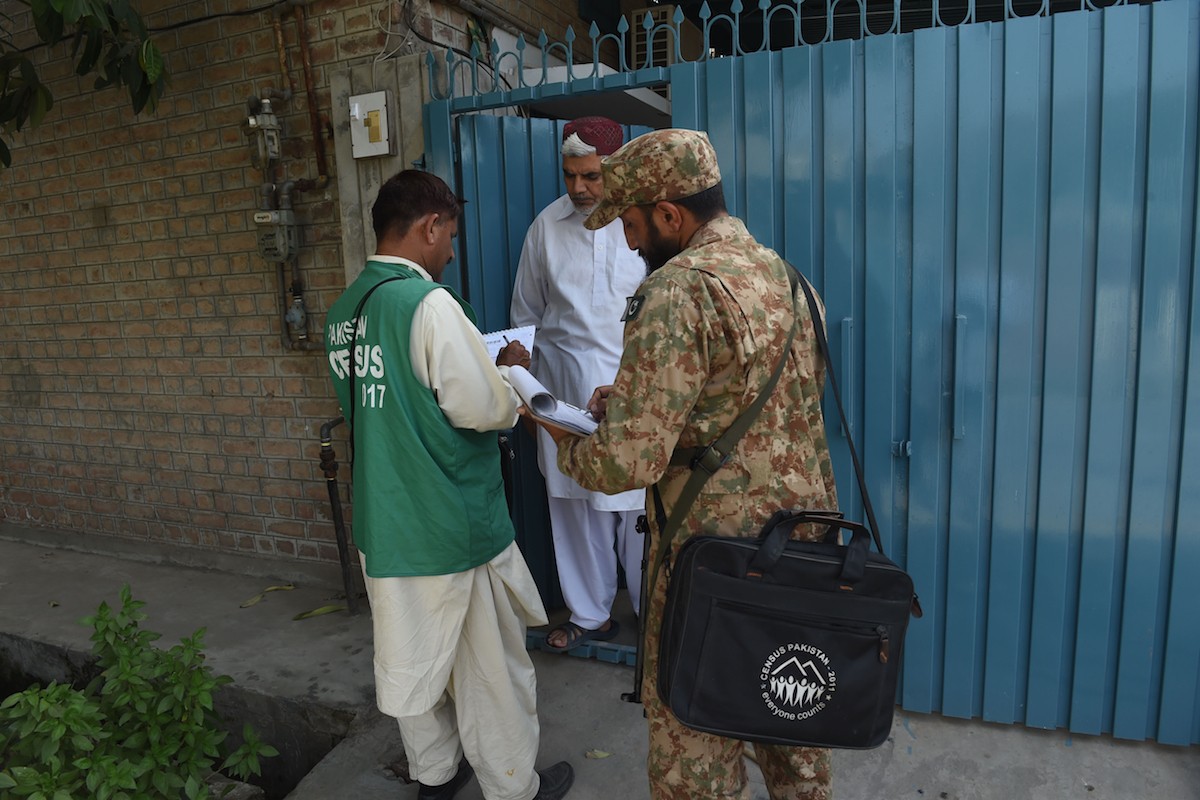Pakistan’s government has excluded the long-persecuted Ahmadiyya community from a new government commission aimed at safeguarding the rights of the country’s minorities, Human Rights Watch (HRW) has said.
On May 5, Pakistan’s cabinet established the National Commission for Minorities (NCM) and adopted the position of the Ministry of Religious Affairs and Inter-faith Harmony not to include Ahmadis among its members, New York-based HRW said in a statement.
Information Minister Shibli Faraz stated after the cabinet meeting that Ahmadis did not “fall in the definition of minorities.” An estimated 4 million Ahmadis live in Pakistan, a country of 212 million. They experience widespread abuse and discrimination.
“The Ahmadis are among the most persecuted communities in Pakistan and to exclude them from a minority rights commission is absurd,” said Brad Adams, HRW Asia director said May 8. “Keeping Ahmadis off the commission shows the extent to which the community faces discrimination every day.”
The government should immediately reverse its decision to exclude Ahmadiyya community members from the NCM, the rights group said.
The media reported that on April 15, the Religious Affairs Ministry had initially recommended including Ahmadis on the NCM, an unprecedented proposal since Ahmadis remain unrepresented in most government institutions. However, on April 29, the minister of religious affairs, Noorul Haq Qadri, denied that the government was considering allowing Ahmadis on the commission. None of the cabinet members objected to excluding Ahmadis.
The persecution of the Ahmadiyya community is embedded in Pakistani law and encouraged by the Pakistan government. In September 1974, the Pakistani parliament declared the Ahmadis to be non-Muslims. In 1984, Pakistan amended its penal code, giving legal status to five ordinances that explicitly targeted religious minorities and two laws specifically restricting the activities of Ahmadis, including prohibiting them from “indirectly or directly posing as a Muslim.” Ahmadis are prohibited from declaring or propagating their faith publicly, building mosques (or even referring to them as such), or making the call for Muslim prayer.
Pakistan’s electoral law effectively excludes Ahmadis. To register to vote, Ahmadis must either renounce their faith or agree to be on a separate electoral list and accept their status as non-Muslim.
The authorities routinely arrest, jail, and charge Ahmadis for blasphemy and other offenses because of their religious beliefs. In several instances, the police have been complicit in harassment and filing of false charges against Ahmadis, or stood by in the face of anti-Ahmadi violence.
Prime Minister Imran Khan has previously excluded Ahmadis from government positions because of outside pressure. Hardliners objected when he appointed a Princeton University economist, Atif Mian, an Ahmadi, to his advisory council in September 2018. Khan initially said he would “not bow to extremists,” but later he removed Mian from his post. Two members of the advisory council resigned in protest.







